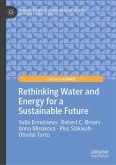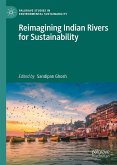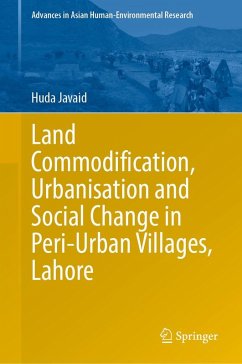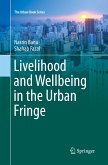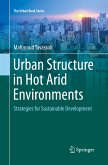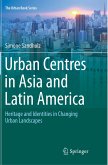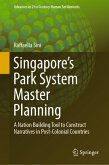This book uses the author's personal narrative as a tool to explore environmental sociological thinking and broader societal issues. The author not only traces the birth of environmental sociology as a research field but also emphasizes the crucial role of environmental sociological perspectives. He presents a qualitative analysis of the activities and practices that lead to a sustainable future on a community level in Japan. The book also delves into the social conflicts between the government and residents' movements over public policies such as the development of high-speed transportation networks and nuclear energy policy. The author's analysis of the role of environmental sociology in addressing societal challenges such as environmental pollution, energy transformation, climate crisis, and sustainable futures for society is a key focus of the book. He also examines how the notion of a sustainable future in a Japanese context differs from that of the West.
Bitte wählen Sie Ihr Anliegen aus.
Rechnungen
Retourenschein anfordern
Bestellstatus
Storno


